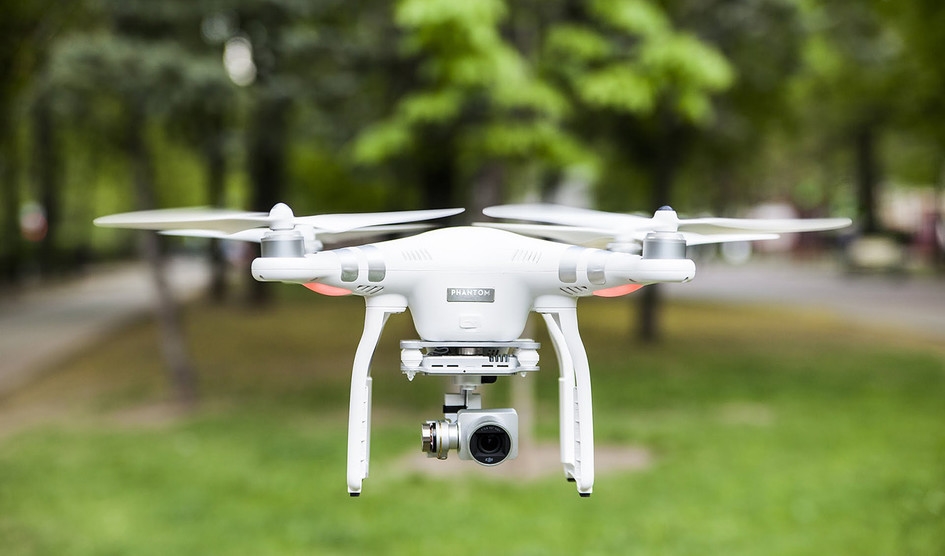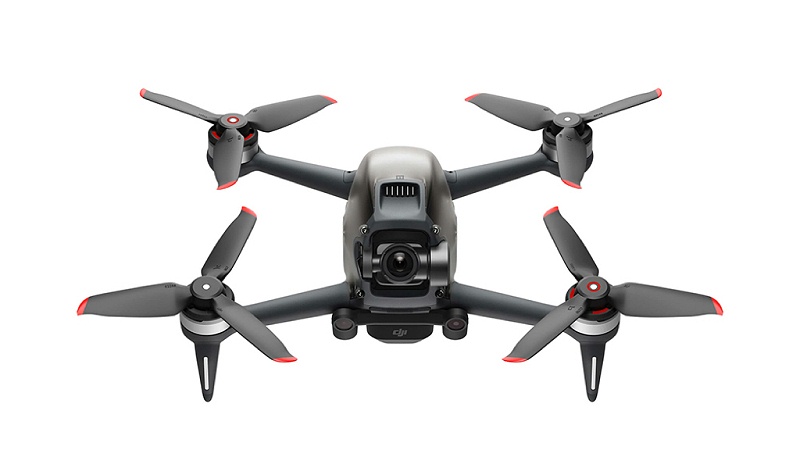Drones, equipped with cutting-edge technologies, offer unprecedented surveillance capabilities, allowing for real-time data collection and analysis. This has ushered in a new era of intelligence-gathering, enabling commanders to make informed decisions with increased precision. Moreover, the ability to deploy drones remotely without placing personnel in direct harm has altered traditional military strategies. The effectiveness of using drones in combat scenarios has prompted a reassessment of warfare doctrines, underlining the importance of technological advancements.
Advancements in Drone Technologies
The technological advancements in drones have been staggering. From high-definition cameras to advanced radar systems, these UAVs are equipped to handle a variety of missions. The integration of AI and machine learning in drones has further expanded their capabilities. For instance, AI-driven drones can autonomously navigate complex terrains, identify targets with precision, and even adapt to changing environments in real-time. Such capabilities significantly enhance their operational effectiveness, making them indispensable assets in the field of modern warfare.

The Ethical Dimensions
Despite their strategic advantages, the use of drones in warfare raises profound ethical questions. There is an ongoing debate about the implications of drone strikes, particularly with regards to civilian casualties and accountability. Critics argue that drones can desensitize the aspects of warfare, reducing the psychological barriers associated with deploying lethal force. Furthermore, issues surrounding privacy and surveillance have sparked discussions on the need for robust regulations to govern the use of drones, ensuring they are deployed responsibly and ethically.
Global Implications of Drone Wars
Drone technology has not only transformed military tactics but also influenced international relations. The ability of drones to operate over hostile or inaccessible areas has altered diplomatic strategies and shifted the geopolitical balance of power. Countries are investing heavily in drone technology to maintain or enhance their strategic positions, prompting concerns about an arms race in UAV development. Moreover, the proliferation of drones across the globe raises security concerns, as non-state actors and terrorist organizations seek to exploit these technologies for malicious purposes.
Future Prospects
Looking ahead, the future of drone warfare is likely to be shaped by further technological advancements and international policies. As drones continue to evolve, discussions around their implications will persist. It is crucial for policymakers, military strategists, and technologists to collaborate in developing frameworks that address both the opportunities and challenges presented by drones. Embracing new technologies while ensuring ethical standards must be at the forefront of these discussions.
FAQ
How do drones impact civilian safety in warfare?
Drones can significantly reduce the risk to military personnel but also raise concerns about civilian safety due to potential misidentification of targets and collateral damage.

Are there regulations governing drone usage in warfare?
While some international laws exist, ongoing debates focus on the need for comprehensive regulations that ensure ethical deployment and minimize civilian harm.
What role might AI play in future drone developments?
AI is expected to enhance autonomous operations, improve precision targeting, and adapt drones to ever-changing combat environments, increasing their effectiveness.
